Introduction to Feminist Theory
In the 1960s and 70s a diverse group of political and cultural movements which included women’s right to control her reproductive power, the politicization of domestic violence via State intervention, the incorporation of special job allocation for women, the establishment of welfare policies by the liberal State for single mothers, and other related rights, came under the umbrella phrase, “Second Wave Feminism.†While there remained substantial differences within the politics of feminism at this time, one central theme running in the movement was that “the personal is the political.†This theme remains the slogan for Feminist politics round the world today. A pedestrian account of “Feminism†will tell us that it is all about empowering women; an inquiry into the history of feminism and feminist theory will tell us that it is about revolutionizing human relationships. That is why all power relationships and inequalities, whether they stem from patriarchy, the culture, the feudal State, the ideological State apparatus, the global free-market, or the social arrangement of compulsory hetero-sexuality are feminist concern. In the end “feminism†and “feminist theory†remains a revolutionary movement in praxis and theory.
Get it now and save 10%
BECOME A MEMBER

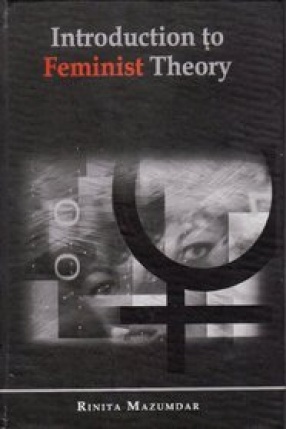

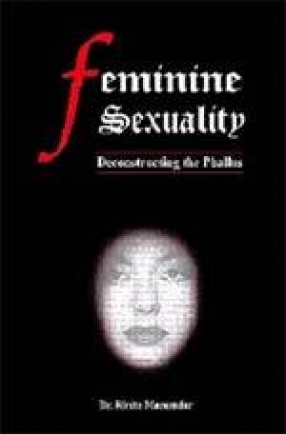
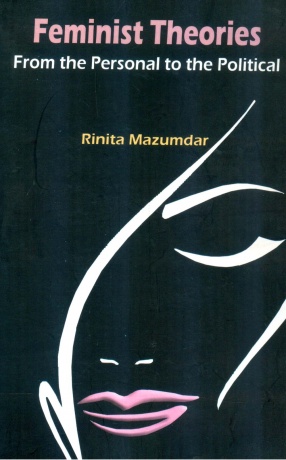

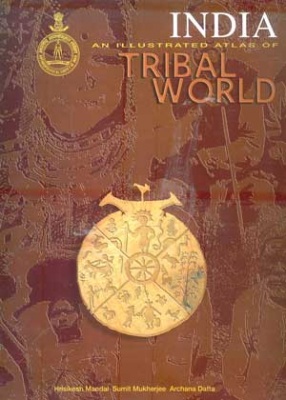
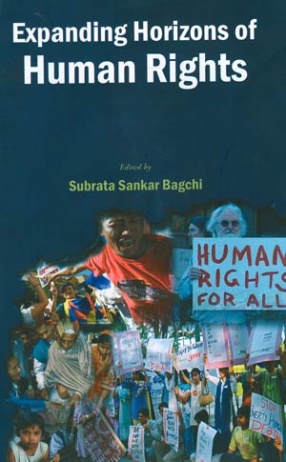
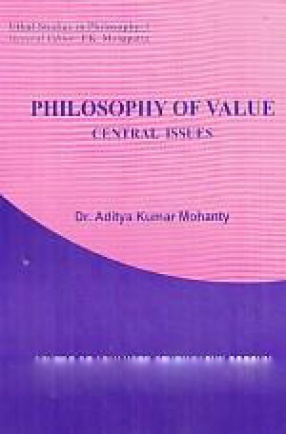

Bibliographic information